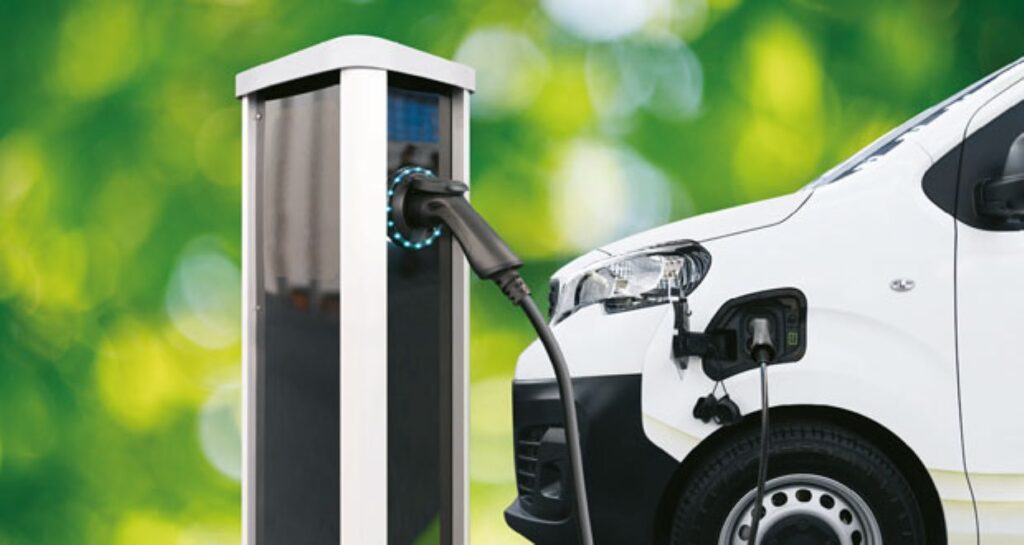Fleet advantage

As the world continues its battle against climate change, organisations are increasingly aiming to embrace sustainability as a core value. For companies that rely on fleet as transportation, the decision between purchasing and renting vehicles can be a difficult one to make.
But although there is no definitive argument for rental vs ownership in reducing a fleets carbon footprint, there is a solid argument for the ways rental can help build a sustainable fleet supply ecosystem.
Often when owning a large-scale fleet, owners may find that many of the vehicles are unused for large periods of time, but they still need these vehicles for peak periods. If these businesses were to rent a portion (or entirety) of the fleet, this can be easily remedied. This flexibility means you can tailor the requirements based on fluctuating demands, seasonal variations, and specific project needs. It is worth noting that although the daily or weekly cost of renting a vehicle is typically higher than owning one, the benefits mentioned above could offset the higher average daily costs.
ENERGY EFFICIENCY
Alongside a reduction in unused vehicles, through rental you are also given the ability to access newer and more energy efficient models. If a business was to own the entirety of its fleet, the vehicles may become outdated due to lack of time or budgets. By choosing a rental approach you are able to try newer vehicles that may be powered by alternative fuel sources.
The option to hire hybrid and EV vehicles is also a positive of rental in terms of sustainability and carbon reduction. Having access to these options is also a huge benefit of rental and can be seen as a safe place to learn about EV transition. Many customers look to rental vehicles to ‘try before you buy’ so fleets can learn about EVs without having to fully commit. This is also beneficial while the EV infrastructure is still building in the UK and for when this infrastructure becomes fit for purpose for commercial operators.
Ensuring businesses hire the correct vehicles can be a vital element of the rental process. Businesses may not often need specific tailored vehicles, so with rental these can be hired as and when needed. A key example would be if a construction firm needed a van or HGV customised to a certain specification, but only on a low number of occasions throughout the year.
By renting, a business can ensure it meets its needs and can also consider sustainable and environmentally friendly options. As it is incredibly important to find a supplier that can support ESG requirements and sustainability goals, this also helps ensure you’re choosing suppliers that have similar sustainable priorities and environmental standings.
The post Fleet advantage appeared first on FMJ.

